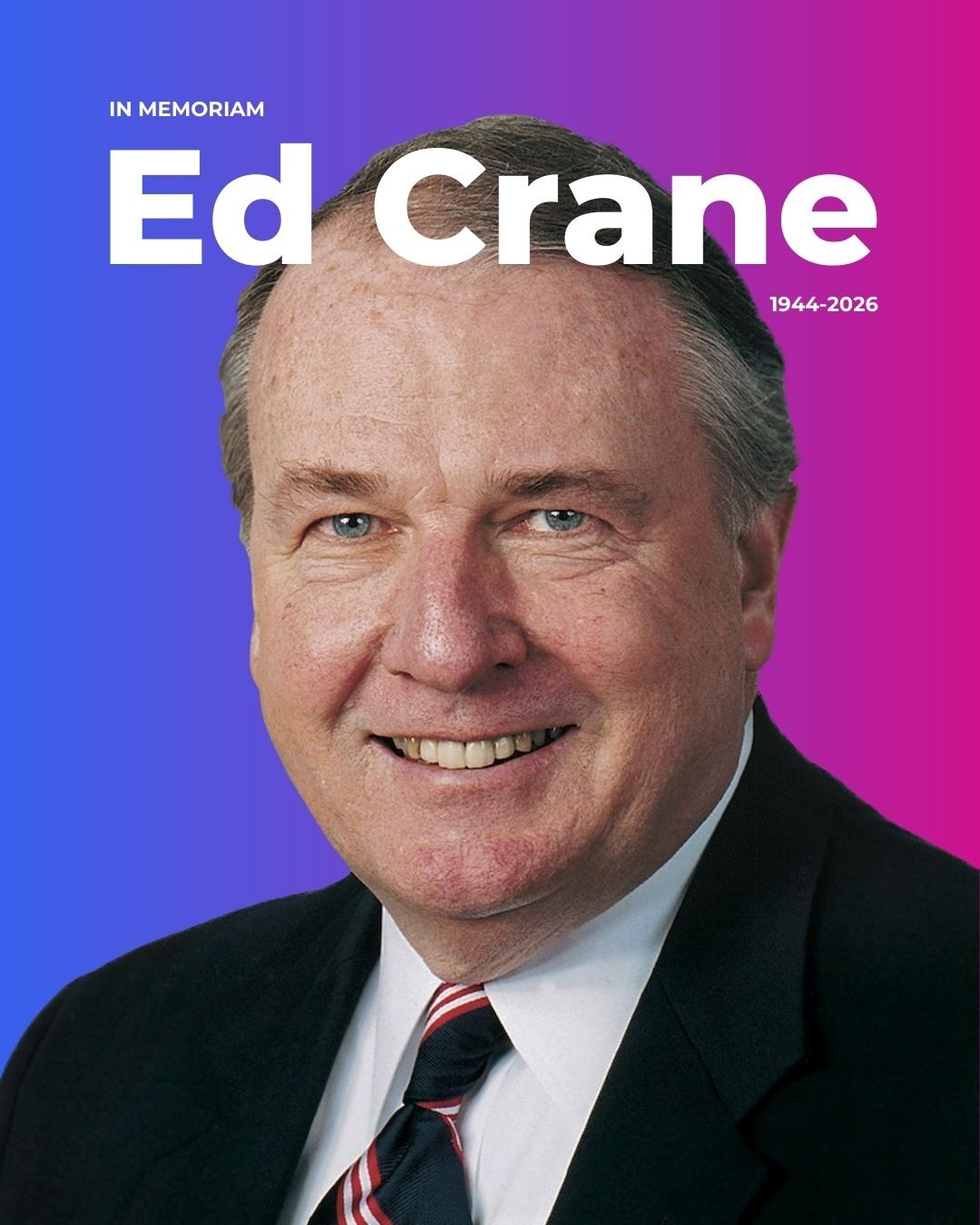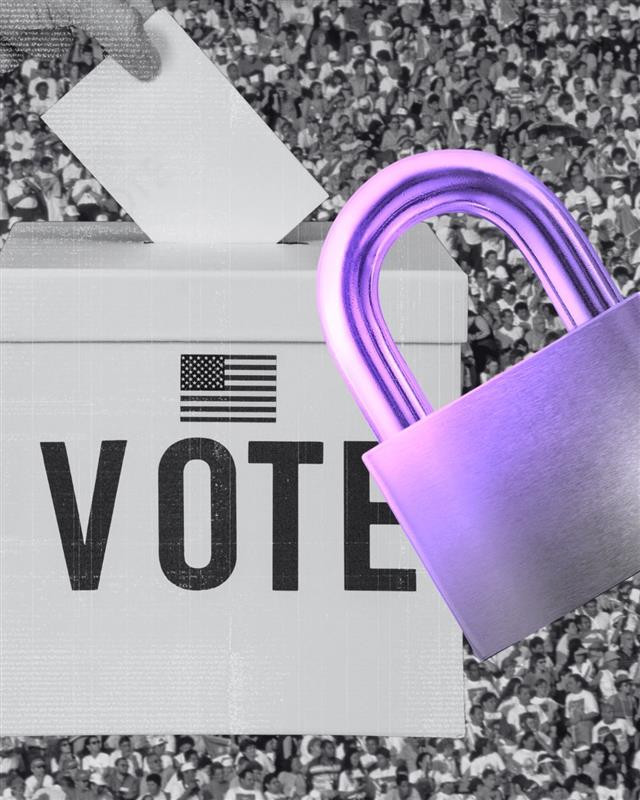The national conversation remains deeply divided, with over half of online political discourse dominated by right-leaning communities. Yet, there are emerging areas of agreement that suggest Americans across the spectrum still crave fairness, accountability, and honest debate.
The Ideological Breakdown
- Right (55%) – Focused on government overreach, immigration enforcement, and defending individual liberty. Trump remains a hero figure challenging what’s seen as a corrupt establishment.
- Center (30%) – Seeking balanced, fact-based discussion on executive power, global alliances, and economic policy.
- Left (15%) – Concerned about authoritarianism, civil rights, and threats to democratic institutions, often centered around Trump’s rhetoric and legal controversies.
Hot Topics Driving Division
- Trump’s actions → Viewed as either bold truth-telling or authoritarian overreach.
- Immigration enforcement → Public safety necessity vs. politically motivated oppression.
- “Socialism” and government control → Conservatives see existential threats; progressives see social safety nets.
- Foreign policy → Weaponized for partisan points, especially regarding the Middle East.
Where Americans Still Find Common Ground
Despite polarization, cross-partisan dialogue is emerging around:
- Electoral system reform – Fairness, representation, and reducing political corruption.
- Checks and balances – Shared concern about executive overreach, regardless of party.
- Education and literacy – Broad support for civic knowledge as a foundation for democracy.
- Geopolitical awareness – Constructive debate when framed around strategy, not ideology.
Notable Findings
- A small extremist narrative glorifying Hitler as a “peacemaker” surfaced in right-wing spaces — an alarming reminder of the need for media literacy.
- Surprisingly, libertarian users showed support for progressive figures when they embodied anti-establishment values.
- Discussions linking climate and politics generated unusually high cross-partisan engagement.
Strategic Insights for Bridge Builders
To foster dialogue and reduce polarization:
- Focus on reforms that improve fairness and representation.
- Frame debates around shared democratic principles, not personalities.
- Invest in education and civic literacy as a unifying cause.
- Encourage foreign policy discussion centered on pragmatism, not partisanship.
Bottom Line:
America’s online discourse may be polarized, but there’s still a middle lane — focused on fairness, freedom, and civic understanding — where meaningful dialogue can thrive.
-------------
Interested in getting the full weekly report? Contact us!

.jpg)


.jpeg)
